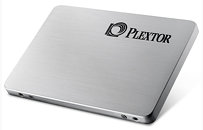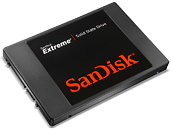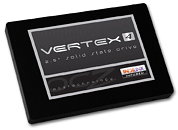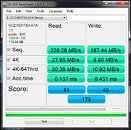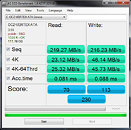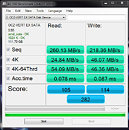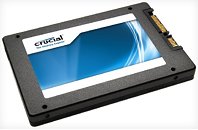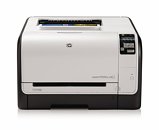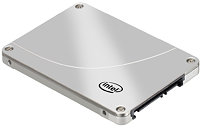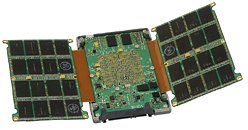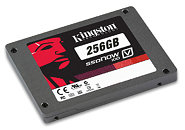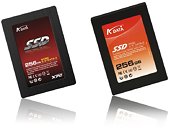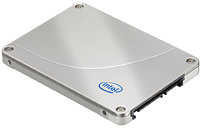
Plextor Releases M5 Pro SSD Firmware Delivering 100K IOPS
Plextor, a leading developer of high-performance digital storage equipment, announces the release of the 100K Xtreme firmware update for its multi-award winning M5 Pro SSD. This update transforms the current M5 Pro into the M5 Pro Xtreme - the first truly professional SSD capable of delivering random-read speeds up to 100,000 IOPS along with improved maximum random-write speeds of 88,000 IOPS, a 470 MB/S sequential write speed, and an impressive 540 MB/S sequential read.
The Plextor M5 Pro has already been a success across the globe not only generating significant sales, but picking up large numbers of awards in reviews and the top position in group tests. Engineered to use the latest Marvell 88SS9187 controller and Toshiba's new 19 nm Toggle NAND, Plextor expects further success with the drive's Plextor M5 Pro Xtreme version.
The Plextor M5 Pro has already been a success across the globe not only generating significant sales, but picking up large numbers of awards in reviews and the top position in group tests. Engineered to use the latest Marvell 88SS9187 controller and Toshiba's new 19 nm Toggle NAND, Plextor expects further success with the drive's Plextor M5 Pro Xtreme version.
